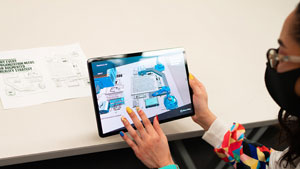
A new augmented reality center at Oakland University's School of Engineering and Computer Science will offer students hands-on experience in applying AR technology in the manufacturing field.
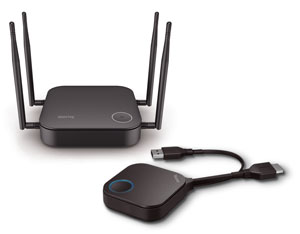
BenQ, maker of visual display and collaboration solutions, has introduced a new wireless presentation system designed for the education market.

Des Moines University, a medicine and health sciences institution in Iowa, has received a $2 million CARES Act Recovery Assistance grant to outfit a planned state-of-the-art simulation center on a new campus.
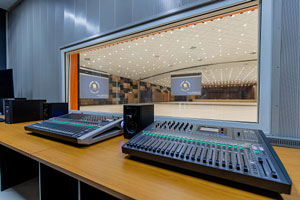
A university in Thailand recently finished construction on a 34,000-square-foot educational facility and outfitted it with AV gear from a number of Harman companies. The new multipurpose education building at Naresuan University in Tha Pho is designed to function as a single hall with a capacity of 4,000 or to be split into two smaller rooms.
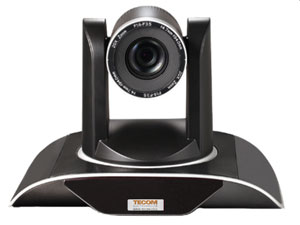
AV company Tecom Electronics has produced a new pan-tilt-zoom camera. The TE-PT950 PTZ camera offers a wide viewing angle (340-degree motion) and multiple video interfaces and ports, including HDMI, USB 2.0 and USB 3.0.
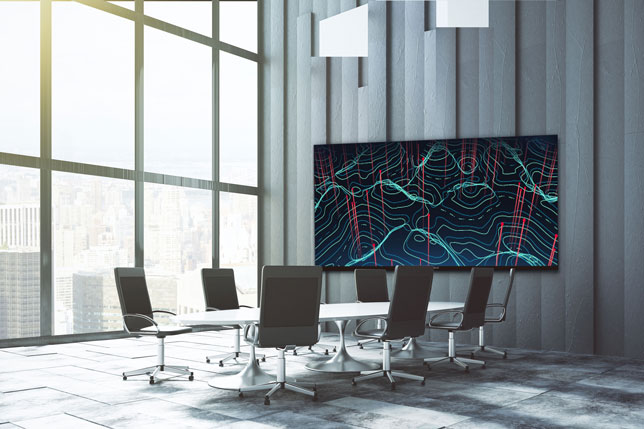
Maxhub has introduced a new line of LED wall displays, ranging in size from 110 to 220 inches (9 to 18 feet) across the diagonal.
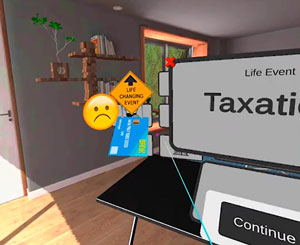
Nova Southeastern University worked with Adept XR to develop an immersive learning program for students taking a personal finance class and another for accounting students.
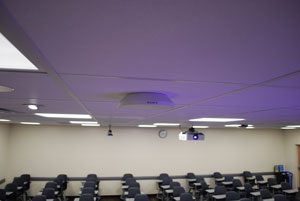
San Diego State University is outfitting nearly 200 classrooms across its main and Imperial Valley campuses with Sony's MAS-A100 beamforming ceiling microphone, to support the hybrid classroom model.
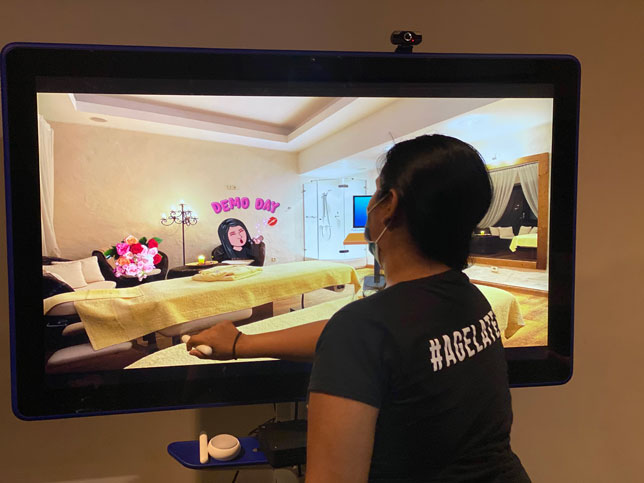
Georgia Career Institute, a vocational school with three campuses, has adopted 16 Google Jamboard interactive displays from BenQ to add interaction, engagement and better student comprehension to its remote instruction.
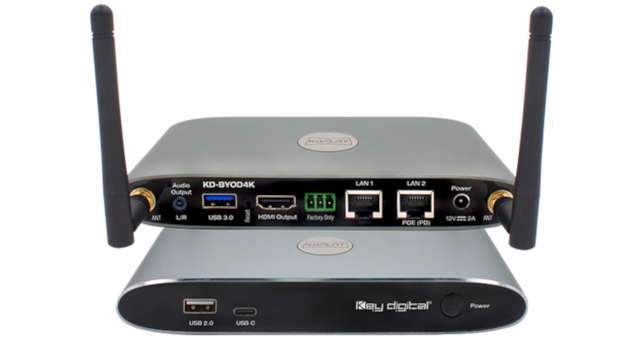
Key Digital has launched a new 4K wireless presentation gateway for bring-your-own-device environments. The new KD-BYOD4K allows the teacher or instructor to broadcast content to and from computers, whether they're operating on Windows, Mac, iOS or Android.